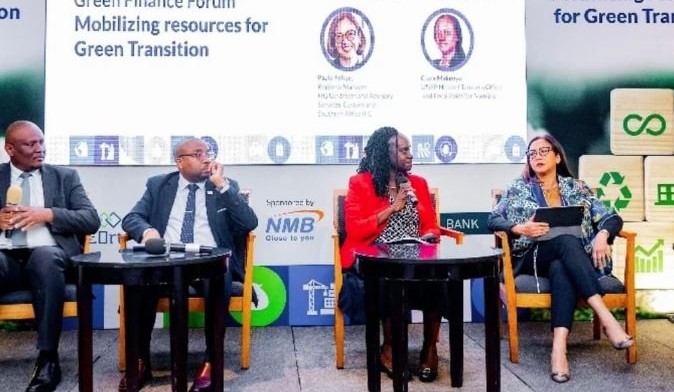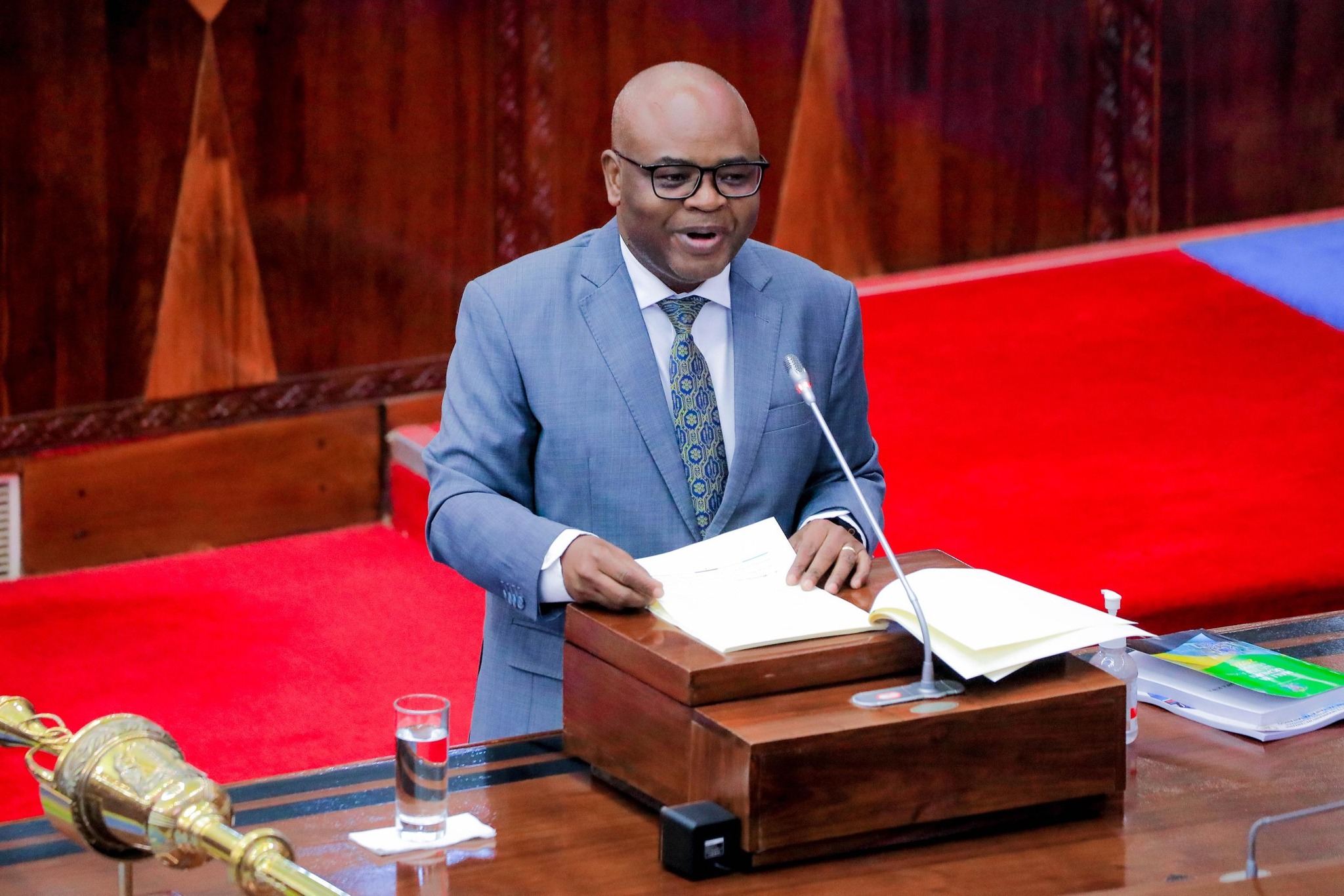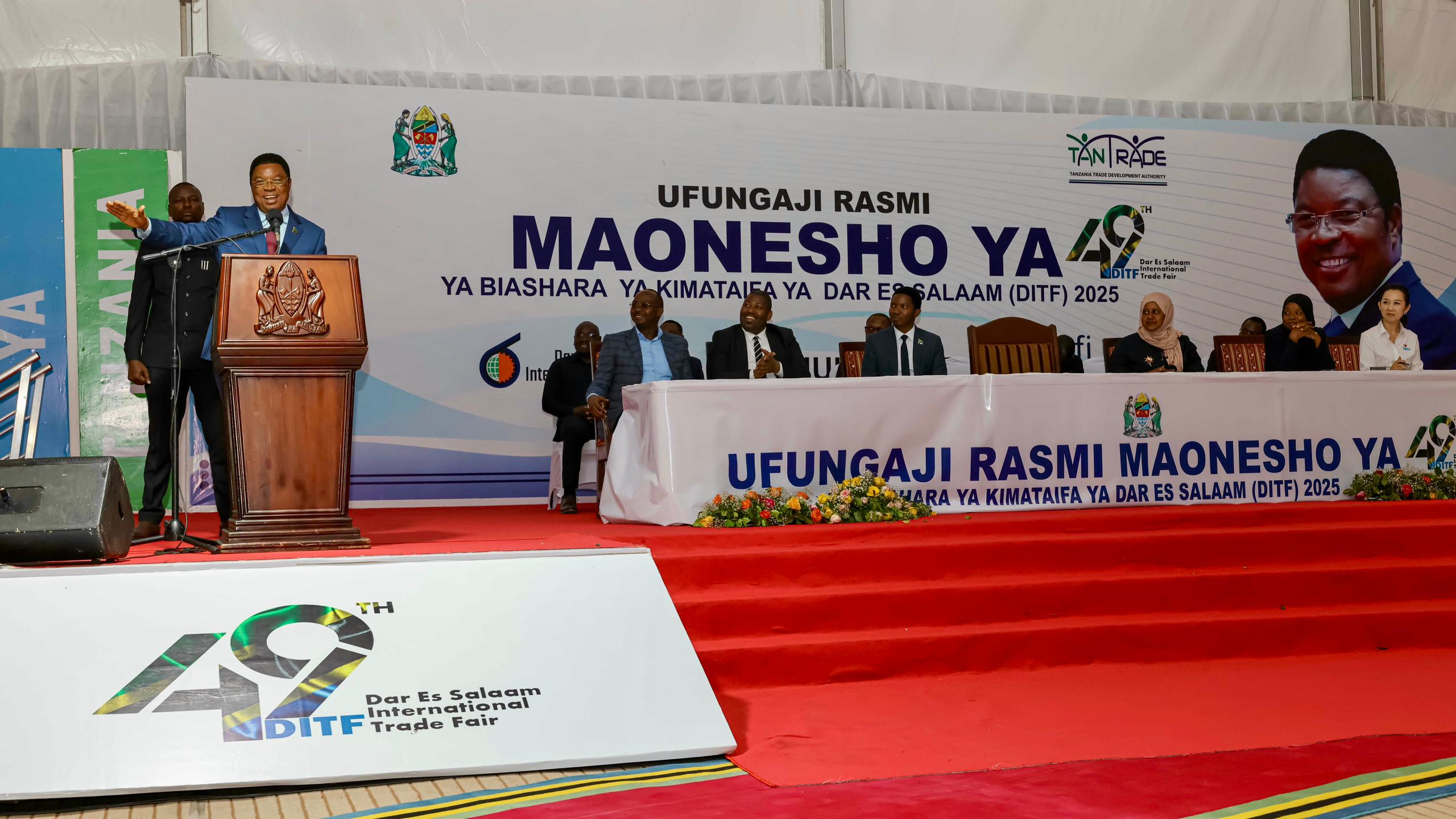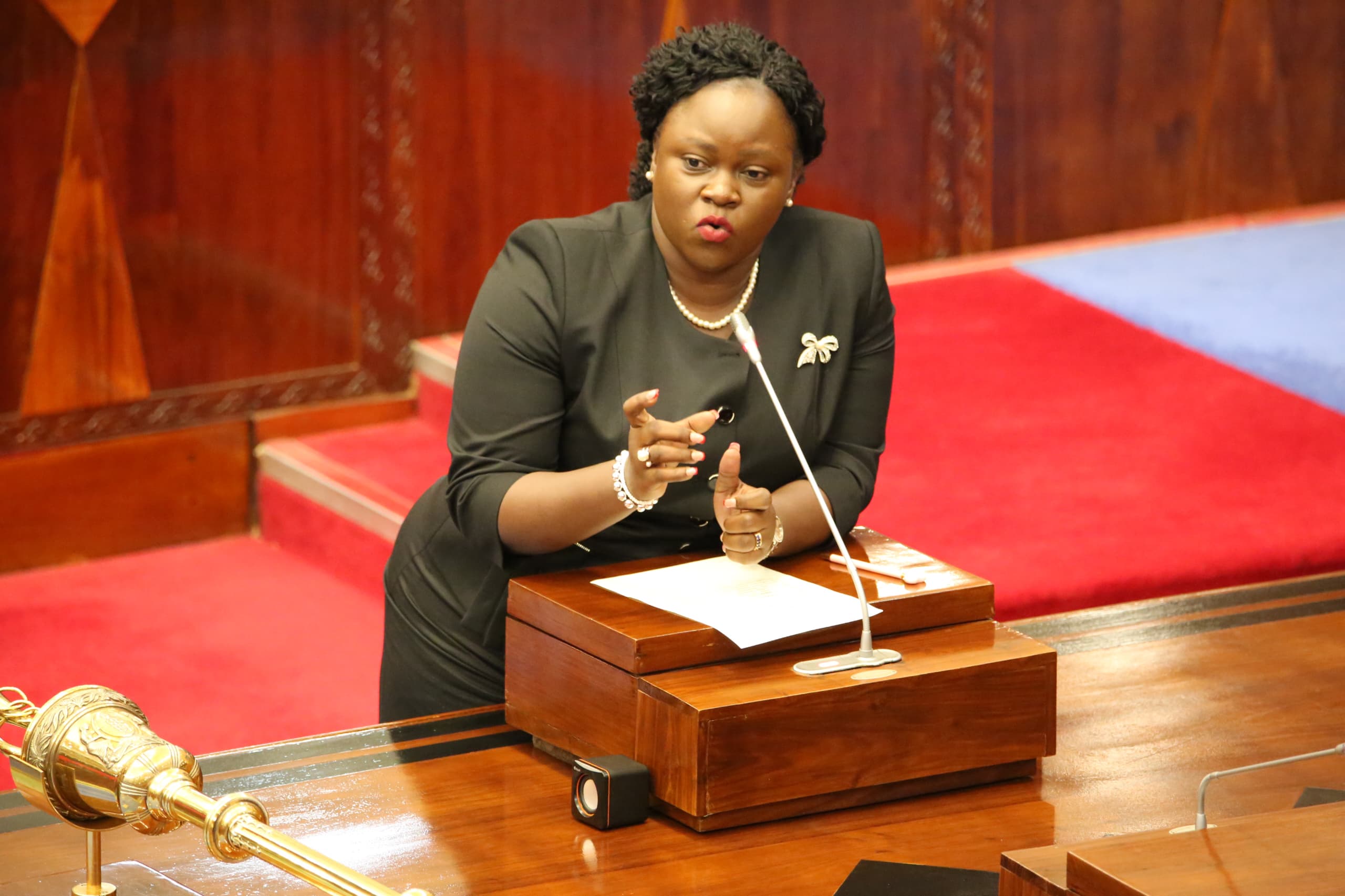Dar es Salaam. Tanzania’s drive towards a more sustainable economy gained significant momentum on June 26, when the CEO Roundtable of Tanzania (CEOrt brought together influential figures for a high-level Green Finance Forum.
The aim? To pinpoint practical strategies for securing crucial investment in climate-friendly initiatives.
Held under the theme Mobilising Resources for the Green Transition, the forum brought together senior representatives from the financial sector, private industry, and development institutions to examine opportunities and innovations in green finance—while also confronting the challenges that hinder its scale-up.
Supported by the International Union for Conservation of Nature (IUCN), NMB Bank, KCB Bank Tanzania, and WWF Tanzania, the forum signified growing momentum within the private sector and financial institutions towards embracing climate resilience as a national economic imperative.
Opening the forum, CEOrt executive director, Ms Santina Benson, said green finance had become a cornerstone of sustainable economic development.
“Businesses must lead the shift to responsible growth,” she noted, adding that climate-focused financing enables firms to align profit with purpose while safeguarding long-term value creation.
Participants discussed how climate change is reshaping business realities in Tanzania, stressing that every sector is either directly or indirectly affected.
With rising temperatures, erratic rainfall, and recurrent extreme weather events, the economic toll is mounting.
The discussion spotlighted the need for business models that embed sustainability at their core, supported by an enabling policy and financing ecosystem.
The 2025/26 national budget has placed climate resilience at the heart of Tanzania’s development agenda.
With the green and blue economies designated as national priorities, the government has sent a clear signal that addressing climate change is no longer a peripheral environmental issue—but a central economic strategy.
Speaking at the forum, members of CEOrt underscored the need to strengthen the financial ecosystem and harness private sector leadership to unlock climate-aligned capital.
Panellists deliberated on a range of financial instruments, including green bonds and blended finance, and how these can support the transformation of value chains and infrastructure development in line with sustainability goals.
One of the forum’s key messages was that transformation begins where intent meets capital.
That is, the will to act must be matched with financial flows that support innovation, scale, and inclusive impact.
While Tanzania continues to grapple with climate-related shocks, there is a growing recognition that sustainable finance must become a central pillar of the country’s long-term competitiveness.
Estimates show that Tanzania needs approximately $150 million annually to build adaptive capacity and strengthen climate resilience. Yet, the cost of inaction is proving far greater.
In cities like Dar es Salaam, climate-related economic losses could reach up to 3 percent of GDP annually by 2030, due to infrastructure damage, reduced productivity, and pressure on key services such as transport and distribution.
NMB Bank’s Head of Investor Relations, Mr Innocent Yonazi, described climate change as a poverty multiplier.
He warned that without urgent and inclusive action, Africa could witness widespread hunger, loss of farmland, and a significant fall in productivity—ultimately lowering GDP per capita across the continent.
“Africa receives less than 5 percent of global climate finance despite being among the most vulnerable. This imbalance is a challenge, but also a major opportunity to build resilience through inclusive financing,” he said.
Mr Yonazi affirmed NMB Bank’s commitment to advancing a sustainability agenda that supports both economic and environmental priorities.
“We are proud to be part of Tanzania’s green transition—one that aligns business growth with social and ecological impact.”
Since its establishment in 2000, the CEO Roundtable of Tanzania has served as a platform for dialogue between industry leaders, government, and development partners.
Over the years, CEOrt has championed sustainable business practices and encouraged the private sector to take proactive roles in supporting the country’s socioeconomic transformation.
As climate change threatens to erode development gains, the forum concluded with a collective call for deeper collaboration, stronger policy support, and the scaling of innovative finance solutions to ensure Tanzania not only adapts to but thrives within a climate-resilient future.







